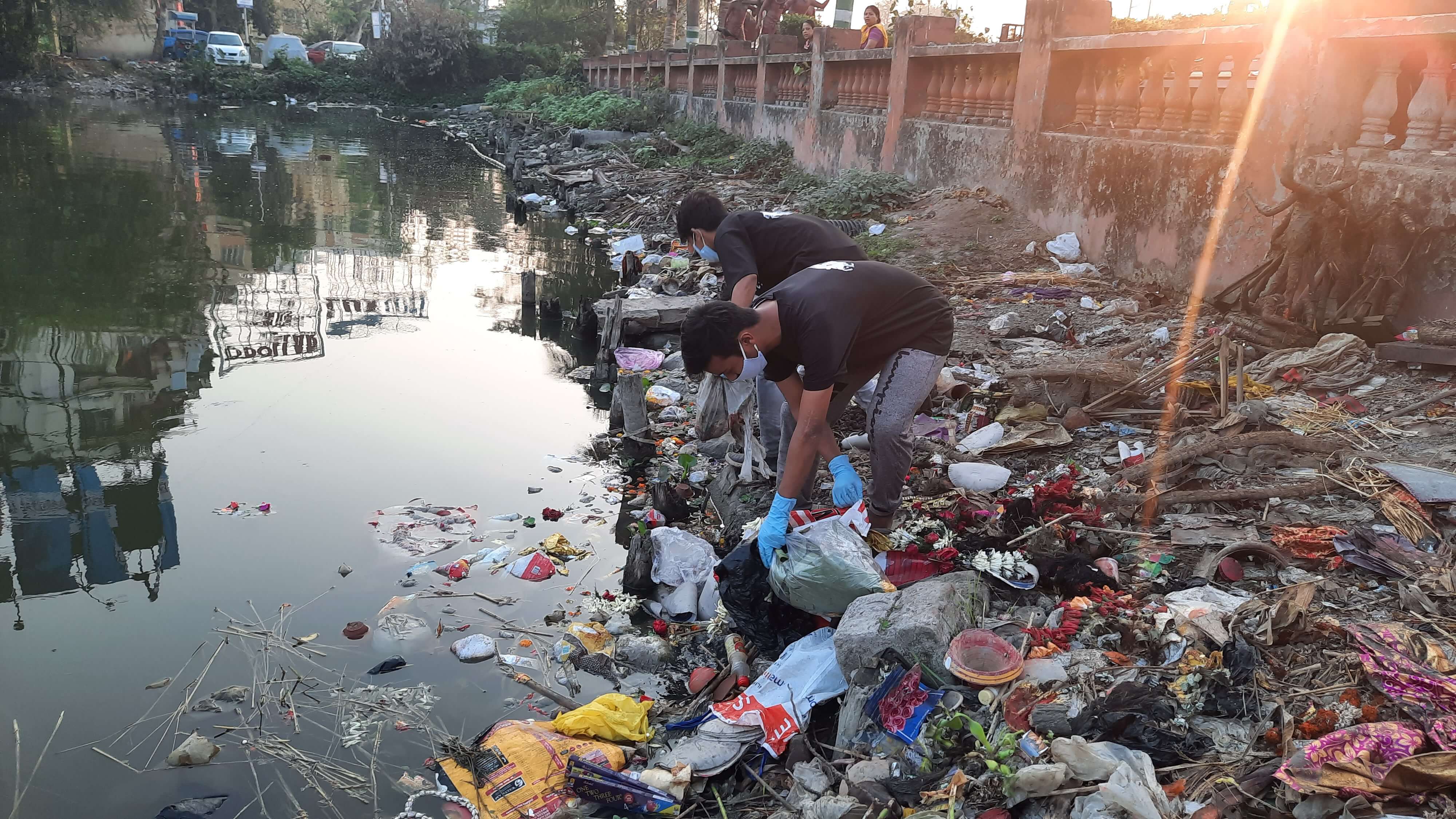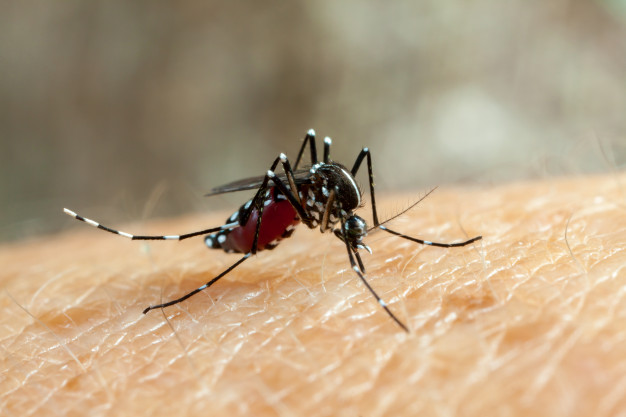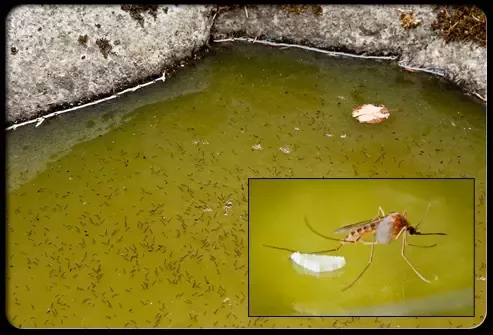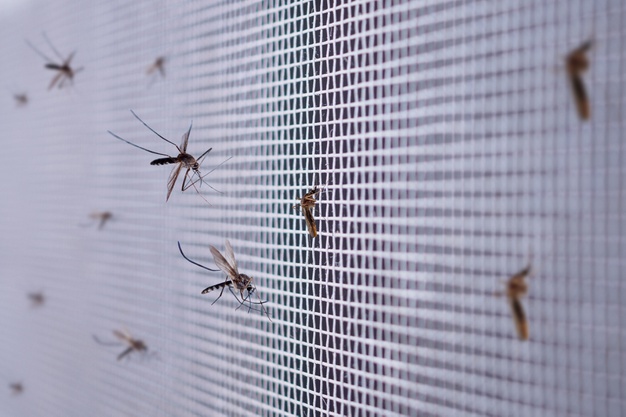Dengue : Fight the Bite

What is Dengue?
Dengue or Dengue fever is an infectious disease. It can cause high fevers, headaches, rashes, and pain throughout the body.
Dengue fever is not contagious, so it can't spread directly from person to person. There's no vaccine for dengue yet However, precautions to be taken.
When a mosquito bites a person who has dengue fever, the mosquito becomes infected with the virus that causes the disease. It can then spread the virus to other people by biting them.

Where does these mosquito grow?

These mosquitoes lays eggs on accumulated fresh water. The trash near lakes & rivers, tyres, roofs, surroundings can clog rain water attract mosquitoes which can spread the deadly infections. The trash also causes foul smell around the area.
Human Ambulance's volunteers have recently cleaned 'DEBIGHAT' a pond near Dakshindari where people go to spend evenings for relaxation and religious events. These rituals made this place almost a dumping zone. Focusing on, Human Ambulance has taken an initiative to clean this area with the help of volunteers.
Keeping your surroundings and your area clean can help a ton in preventing the chances of Dengue and other food borne diseases. Eg. Diarrhea, cholera, Malaria, Dengue etc.
Kolkata is a city where most people get infected with dengue as there's lack of proper cleanliness especially in some slum areas of Kolkata. Slum areas are more likely to expose this kind of infectious diseases. Hence, it's really crucial to keep your areas clean. And it starts with you.
Symptoms
Dengue fever used to be called "breakbone fever," which might give you severe bone and muscle pain. A person with dengue fever may notice:
- High fever
- Severe headache
- Pain in the joints, muscles, and/or bones
- Bleeding from the nose or gums
Some people can get a more serious form of the infection called dengue hemorrhagic fever. They may have these additional symptoms:
- Nausea and vomiting
- Severe abdominal pain
- Difficulty breathing
- Severe bleeding

Treatment

If you think you might have dengue fever, call a doctor right away. You also should call a doctor if you develop symptoms of the infection. A doctor will examine you. He or she will ask you questions about how you're feeling, your medical history, and recent travels. Your doctor might want you to give a blood sample to test for the disease.
Most cases of dengue fever will go away within a couple of days But dengue hemorrhagic fever requires treatment in a hospital with intravenous (IV) fluids and close monitoring. If not treated right away, a person can have heavy bleeding and a drop in blood pressure, and could even die.
Prevention
You can help keep yourself free of dengue fever by avoiding mosquito bites. If you live in or will be visiting an area where there's dengue fever:
- Use screens on doors and windows. Keep unscreened doors and windows shut.
- Wear long-sleeved shirts, long pants, shoes, and socks when you go outside.
- Use mosquito netting over your bed at night.
- Limit the amount of time you spend outside during the day, especially in the evening hours, when mosquitoes are most active.
- Don't give mosquitoes places to breed. They lay their eggs in water. So get rid of standing water in things like gutters. Change the water in dog bowls, and flower vases every few days. Keep the water containers covered.
- Boil the drinking water and drink when it comes to room temperature.

